Pet Relocation to Singapore: Navigating the Island's Pet Entry Requirements
Table of Contents
Welcome to Relopet International’s comprehensive guide on pet relocation to Singapore. As more pet owners choose to make this vibrant island nation their new home, understanding Singapore’s pet entry requirements becomes crucial for a smooth transition. In this blog post, we will provide you with up-to-date information sourced from the National Parks Board (NParks) and the Animal & Veterinary Service (AVS), Singapore’s main touch-points for animal, plant, and wildlife management services.
Understanding Singapore’s Pet Entry Regulations
For pet owners planning to relocate to Singapore, both NParks and AVS play essential roles in ensuring a safe and healthy environment for pets. NParks oversees plant health, CITES (Convention on International Trade in Endangered Species), and wildlife management services, while AVS is the main point of contact for animal health and animal-related issues.
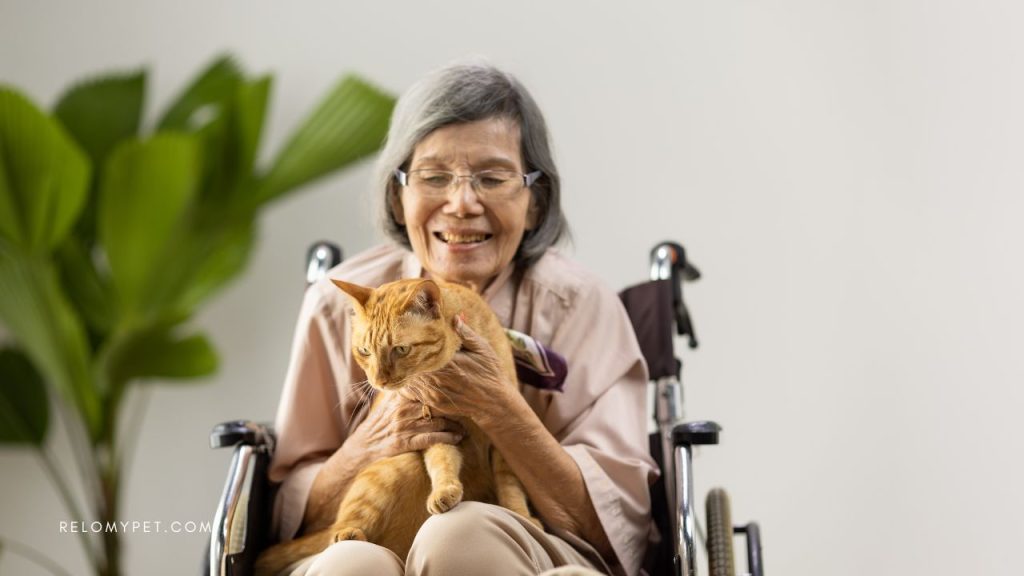
Preparing Your Dog or Cat for Relocation to Singapore
Before bringing your dog or cat to Singapore, careful preparation is essential to ensure a smooth and stress-free journey for your furry companion. The National Parks Board (NParks) and the Animal & Veterinary Service (AVS) are the primary authorities responsible for managing animal, plant, and wildlife services in Singapore.
Here’s a step-by-step guide on how to prepare your pet for relocation:
Consider Your Pet’s Health and Age
Before making any decisions, consider your pet’s age and medical condition. The stress of travel can affect pets differently, so consult with your veterinarian to assess if your dog or cat is fit for the journey.
Purchase a Suitable Animal Container
Acquire a suitable animal container to house your pet during travel. The International Air Transport Association (IATA) website provides guidelines on selecting the right container. If your pet will be traveling inside the cabin, ensure the container meets the necessary requirements for transport from Changi Airport to AVS quarantine facilities.
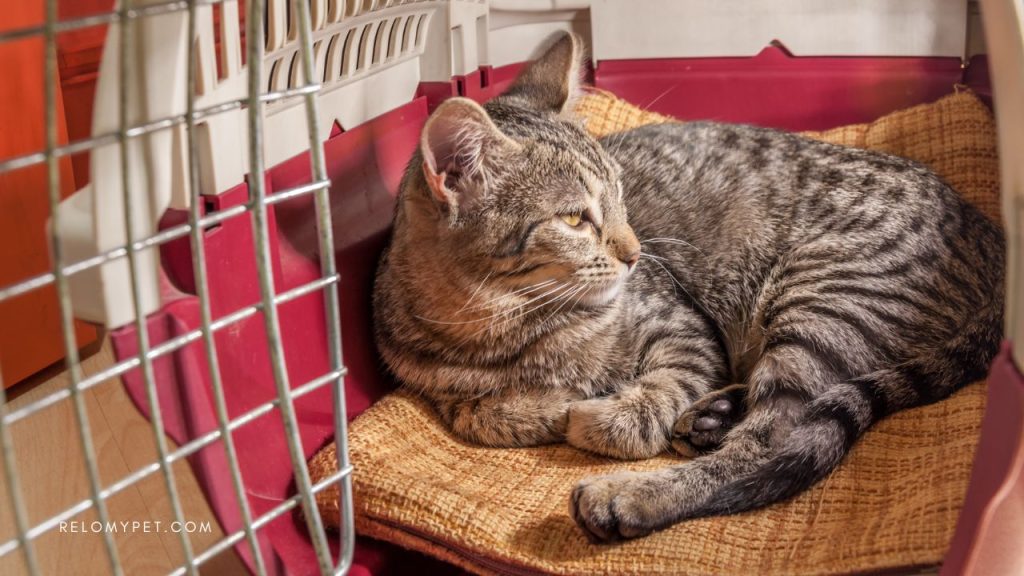
Identify the Exporting Country’s Rabies Risk Category
Countries and regions are categorized based on their rabies risk status. Different veterinary conditions apply to pets coming from each category. As the categorization may change, check the NParks website for the most current information closer to the import date.
Ensure the Breed of Dog or Cat is Allowed in Singapore
Check the list of allowed dog breeds in HDB flats and make sure your intended residence permits your pet’s breed. Some breeds are not allowed, and documentary proof may be required for specific breeds.
Breeds of dogs not allowed in Singapore:
- Pit Bull, including:
- American Pit Bull Terrier (also known as American Pit Bull and Pit Bull Terrier).
- American Staffordshire Terrier.
- Staffordshire Bull Terrier.
- American Bulldog.
- Crosses of these and other breeds.
- Akita.
- Boerboel.
- Dogo Argentino.
- Fila Brasileiro.
- Neapolitan Mastiff.
- Tosa.
- Perro De Presa Canario.
- Crosses of any of the above breeds.
Breeds of cats not allowed in Singapore
First to fourth-generation Bengal or Savannah cat crosses.
You are required to produce documentary proof of the following before import:
- The Bengal cat cross you are importing is at least a fifth-generation cross from the ancestral stock of Prionailurus bengalensis.
- The Savannah cat cross you are importing is at least a fifth-generation cross from the ancestral stock of Leptailurus serval.

Arrange Microchipping and Identification
One of the primary requirements for pet entry into Singapore is microchipping. This permanent identification method helps trace lost or stray pets back to their owners, promoting responsible pet ownership. Ensure your pet’s microchip is compliant with international standards (ISO 11784/11785) to facilitate seamless identification.
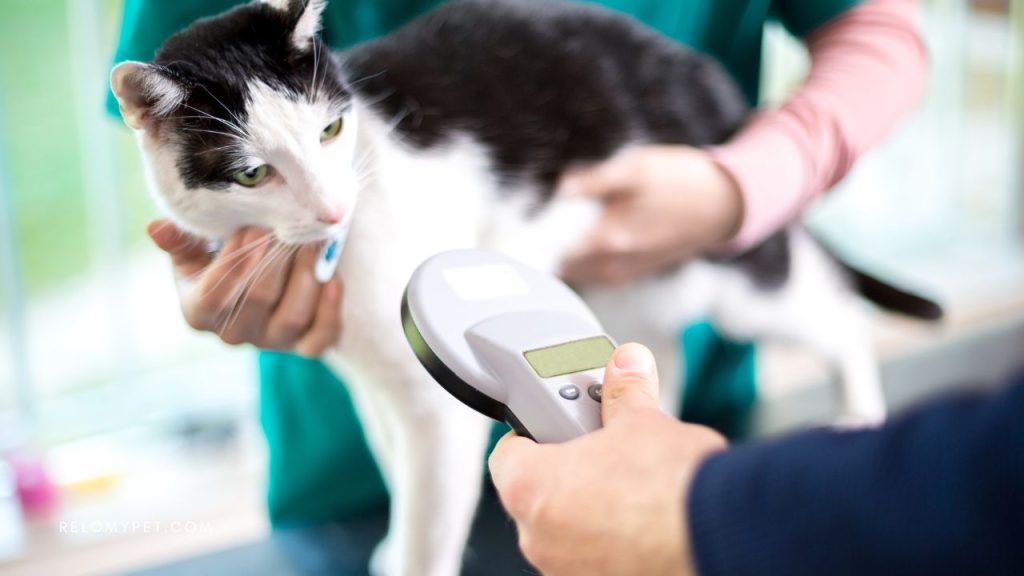
Mandatory Vaccinations
Singapore requires certain vaccinations to be up-to-date for pets entering the country. These vaccinations help prevent the spread of diseases and protect the local pet population. Common mandatory vaccinations may include:
- Dogs: Core vaccinations such as rabies, distemper, parvovirus, and canine hepatitis are typically required.
- Cats: Core vaccinations like rabies, feline distemper (panleukopenia), feline calicivirus, and feline herpesvirus are usually mandatory.
Send Your Pet for Rabies Vaccination and Serology Test
Pets coming from certain countries must have a valid rabies vaccination with acceptable antibody levels. Ensure your pet’s vaccinations are up-to-date and supported by vaccination records. The microchip number must be recorded on all documentation.
Send Your Pet for General Vaccinations
Dogs must have valid vaccinations against canine distemper, canine hepatitis, and canine parvoviral infection. Cats must have valid vaccinations against cat flu (feline calicivirus and feline viral rhinotracheitis) and cat enteritis (feline panleukopenia/feline parvovirus).
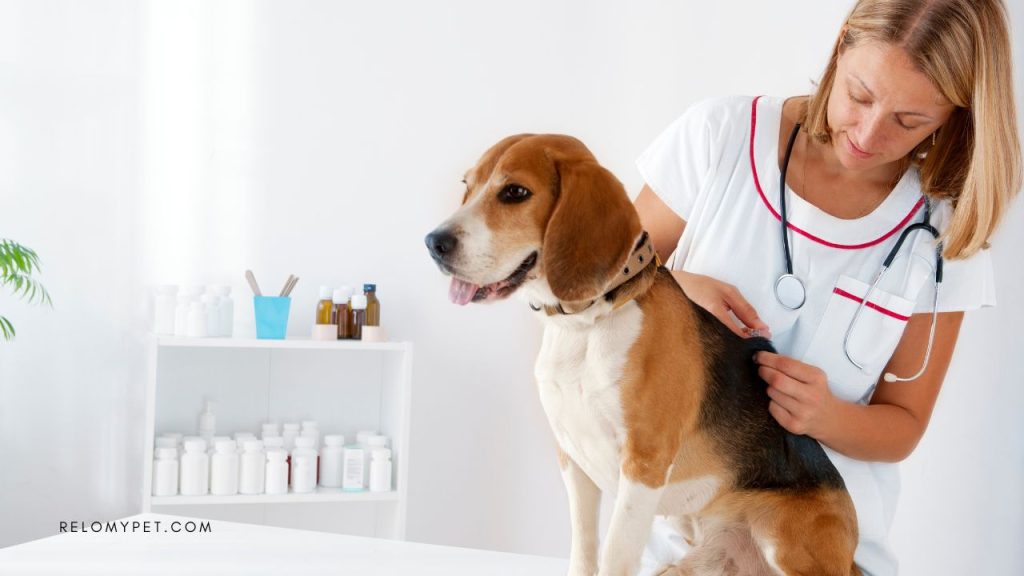
Reserve Quarantine Space
Pets from certain countries must undergo quarantine at the Animal Quarantine Centre (AQC). Reserve a quarantine space through the Quarantine Management System (QMS) in advance due to high demand.
Obtain a Dog Licence (if applicable) and Import Licence
If you’re importing a dog, obtain a dog license before applying for an import license. The import license is valid for 30 days and can be obtained via the GoBusiness Licensing Portal.
Book an Inspection for Your Pet
Book an inspection for your pet using the Intelligent Food Approval & Safety Tracking System (iFAST) at least five days before arrival. Avoid inspection timings on certain days and public holidays.
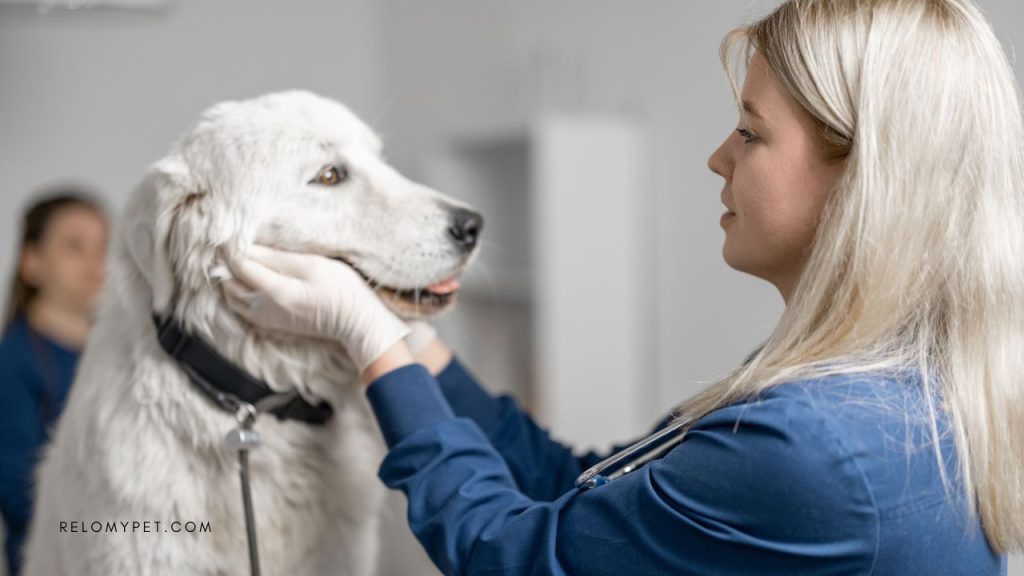
Collect the Pet Container at CAPQ/Tuas
Ensure to collect the pet container personally if it exceeds specific dimensions. Otherwise, it will be transferred to private transport contractors with additional fees.
Send Your Pet for Parasite Treatments and Obtain a Veterinary Health Certificate
Your pet should receive parasite treatments, and a veterinary health certificate confirming compliance with import conditions and good health.
Present Import License During Check-In
During check-in, present your pet’s import license. For Category A or B countries, obtain a signed captain’s declaration form endorsed by the transporting airline(s).
For emotional support or service animals, ensure you have an IATA-approved transport container, as the animal will be transported to AVS quarantine facilities from the Changi passenger terminal.
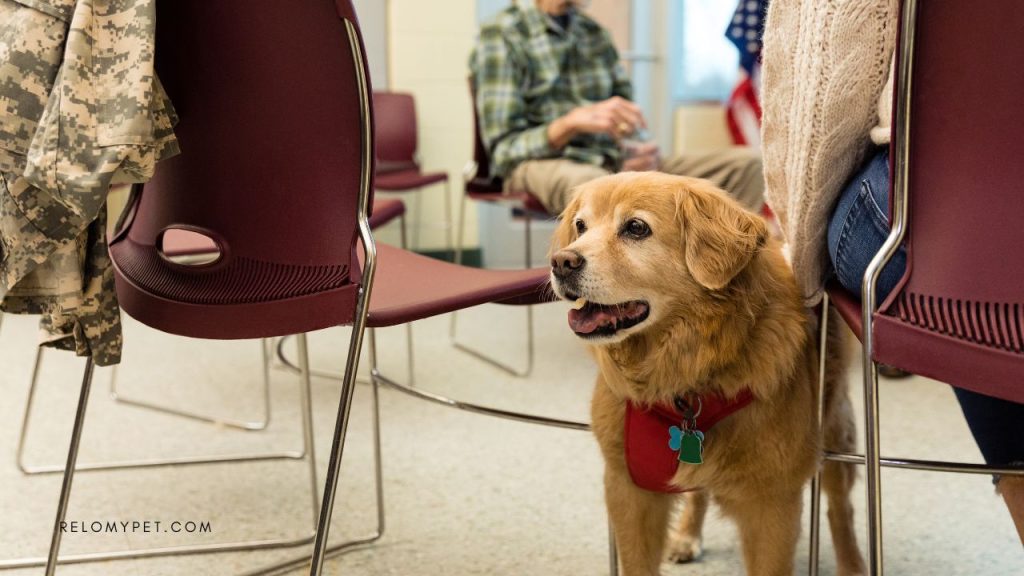
Arriving in Singapore: Veterinary Inspection and Clearance Procedures
Upon arriving in Singapore, your pet’s entry clearance procedure will depend on the specific checkpoint it arrives at. Changi Airport and Tuas Checkpoint have their own clearance procedures. You will be advised on the clearance procedures for all other border checkpoints when receiving the import license.
Post-Arrival Procedures
Veterinary Inspection at Border Checkpoints
Upon arrival, your pet will undergo a veterinary inspection by an Animal & Veterinary Service (AVS) officer at the designated border checkpoints:
- For pets arriving by air, the inspection takes place at Changi Animal & Plant Quarantine Station.
- For pets arriving by road, the inspection occurs at Tuas Checkpoint.
- Clearance without Quarantine
If your pet does not require quarantine, it will be released upon successful completion of the veterinary inspection.
Quarantine Requirements
In case your pet requires quarantine, the following procedures apply:
- AVS will transport your pet to the Animal Quarantine Centre (AQC) for the required quarantine period.
- After the completion of the designated quarantine period, your pet will be released from the Animal Quarantine Centre (AQC).
For detailed information on veterinary inspection, customs clearance procedures at border control offices, and the Animal Quarantine Centre (AQC), please refer to our website.

By adhering to the guidelines provided by NParks and AVS, you can ensure a safe and comfortable journey for your pet to Singapore. These authorities strive to maintain a harmonious environment for both pets and wildlife. For professional assistance with your pet’s relocation, don’t hesitate to reach out to Relopet International, the experts in pet transportation. Safe travels!
Do you need to relocate your pet to Singapore? Contact Relopet International
If you need to relocate your pet to Singapore and want to ensure a safe and stress-free experience for your furry friend, consider contacting Relopet International. We are a professional pet relocation company that specializes in transporting pets, including big dogs, internationally. We are experienced professionals who can help you with every step of the process, from obtaining the necessary documentation to choosing the right airline and providing personalized care for your dog during transport. With Relopet International, you can have peace of mind knowing that your big dog is in good hands and will arrive at their destination safely and comfortably.
